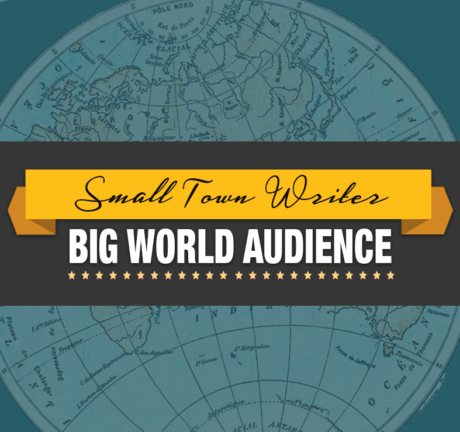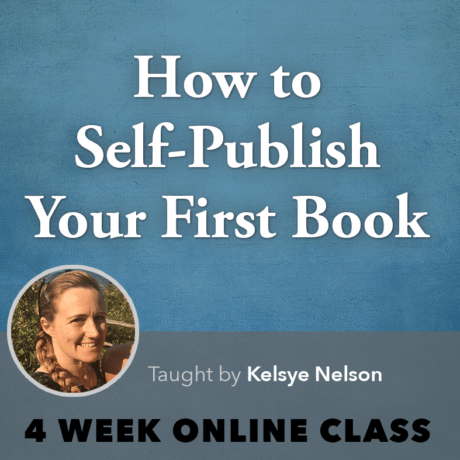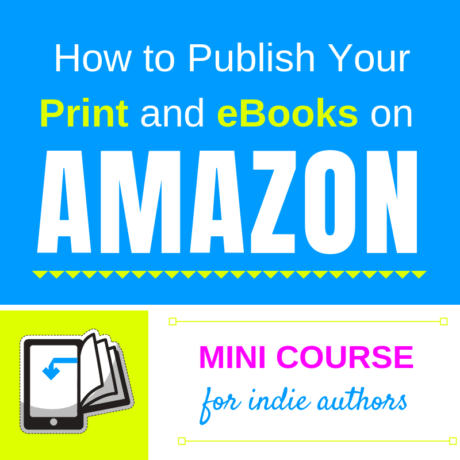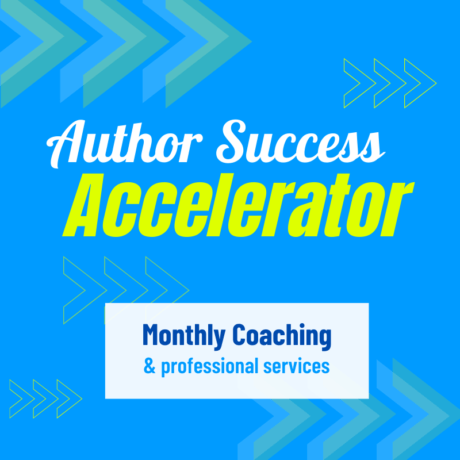

Every writer knows the importance of research. Whether it be fiction or nonfiction, research is an essential aspect of your book. It transforms your book into the work of a professional, giving it a realistic feel when dedicated readers sit back and start analyzing every tiny element of your story.
But, more often than not, it’s easy to get distracted when you start reading up on interesting tidbits. How do you stop yourself from wasting hours on unnecessary details? How do you organize the tons of information you find? How do you sort out the relevant from the irrelevant so that your readers don’t suffer from information overload?
Here are 3 strategies that will help you when researching for your book.
1. Make a Research Plan
In today’s world, where information is available in so many different forms, it’s important to make a research plan before you start. It will help you organize your sources and decide which method is the easiest and the most reliable.
The obvious choice is consulting the internet. While the internet is a powerful tool, the downside to it is that it is also full of false and modified information. You need to know how to identify the truth from what is false.
For example, if your plan is to contact experts working in the field that your research is based on, you will have to make an appointment to meet up with them and discuss any questions you may have. But if you need statistics or an idea of how something will affect the general population, collect data from surveys and research papers. You can even create your own Google Form and pass it around among friends and family.
2. Organize Your Information
We’re often guilty of leaving things “for later,” and then forgetting about them. If you do the same while writing your book, you’re going to end up wasting a lot of time and forgetting a lot of the interesting information you picked up along the way.
Therefore, keeping track of every minor detail is integral to your writing. Make use of your Notes app, or use flow charts or mind maps to remember how everything is connected. Some writers even use a spreadsheet to keep their research organized, since the little squares and the ability to make tables and charts on Excel have made things extremely convenient.
3. Set Yourself a Deadline
“It’s tempting to load up your manuscript with all of the wonderful research tidbits that you’ve gathered—but less is more.”
—6 Keys to Writing a Compelling Historical Novel (by Sofia Grant)
Researching for your book can be both taxing and engaging—when it’s too taxing, you don’t do enough research, and when it’s engaging, you do a little too much. Finding the middle ground is important if you’re to prevent boring your readers or bombarding them with too much information.
This is why you should set yourself a deadline for research. In case you fall into a rabbit hole and waste hours and hours of content you would never use in your book, a deadline will tell you when to stop. Not everything you find interesting will be interesting for your readers—stick to your deadline, and try not to fall into that rabbit hole of irrelevant information.

Sharika Hafeez
Sharika Hafeez is a nerd, and she’s proud of it. Growing up, she fell in love with books and writing, and is currently following her undergraduate degree (for some mysterious reasons) in Physics. She likes procrastinating by watching the stars with a steaming cup of tea, composing poetry in her head.







0 responses on "3 Effective Research Strategies to Use While Writing Your Book"